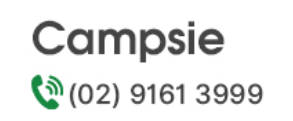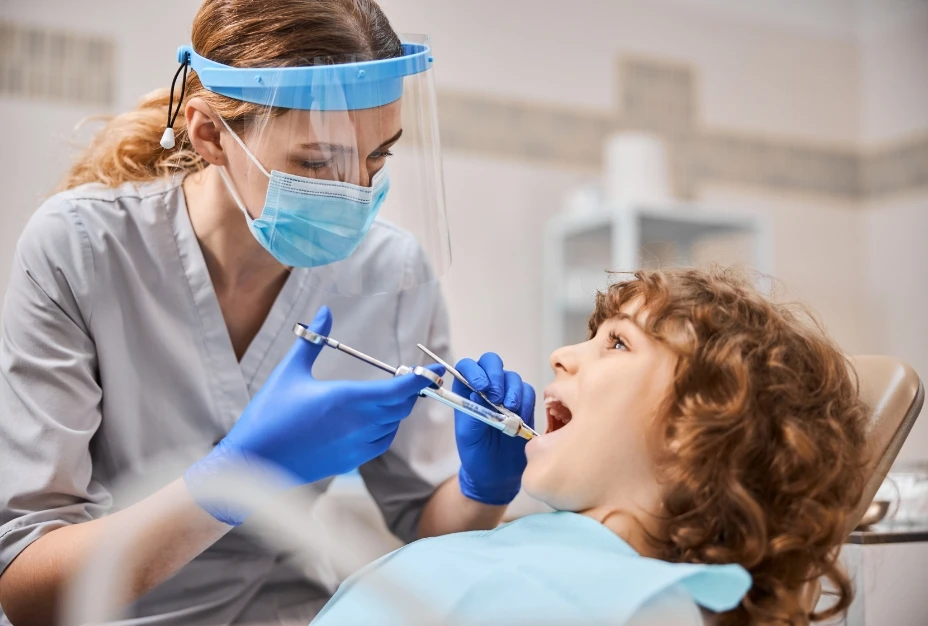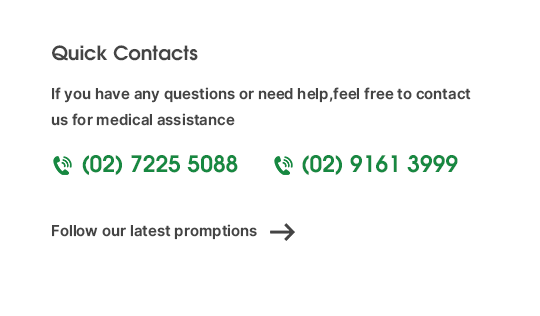Children’s oral health needs vary greatly as they grow and develop. It is recommended children have their first dental visit when their first teeth appear in the mouth, or by the age of one, whichever comes first. Children should see their dentist regularly and understand that visiting the dentist is an important part of growing up.
If you receive a government benefit, such as Family Tax Benefit A payments, your child may be eligible for the Child Dental Benefits Schedule. Eligible children up to 18 years are eligible for $1,013 of general dental treatment over a two-year period.

Baby Teeth
By the age of three, most children will have a full set of 20 baby teeth. Cleaning is important, because if baby teeth are removed earlier than intended due to decay, which may lead to future problems such as crowding of the teeth as the permanent teeth push through.
Baby teeth will start to fall out from around the age of six, to make way for the permanent adult teeth. Around the age of 21, most people have a full set of 32 permanent teeth, including 16 in the upper jaw and 16 in the lower jaw.

Brushing and Flossing
Teeth should be brushed twice daily, ideally in the morning and then at night as the last thing that is done before bed with no foods or drinks after.
Brushing should go for 2 minutes each time. This can be made more fun by playing a song to ensure the correct length of brushing.
Use a toothbrush with a small head and soft bristles. Electronic toothbrushes can be introduced from 3 years of age. Until 6 years of age, children should be using a low-fluoride toothpaste which is marketed in stores as children toothpaste. There is less fluoride in these kinds of toothpaste compared to the toothpastes created and recommended for children older than 6 years of age and adults.
Flossing is recommended for children once they have at least two teeth touching side-by-side. This cleans the surfaces in between the teeth that the toothbrush bristles cannot reach.
Eating and Drinking habits
It is important to limit your child’s sugary food and drink intake. Added sugar is the largest contributor in the development of tooth decay. Beware though, it is not just well-known sugary foods such as lollies, cakes and biscuits but foods such as breakfast cereal, muesli bars and flavoured yoghurts can include a lot of added sugar.
When it comes to drinks, water and milk are the best options for healthy teeth. Soft drink, cordial, sports drinks, energy drinks and fruit juice can be high in sugar which can increase your child’s risk of developing tooth decay.
Tooth-friendly snacks include carrot and celery sticks, hard cheese and fresh fruit. Making your child’s meals and snacks from scratch can help to limit the amount of added sugar and allows for the use of fresh ingredients.





